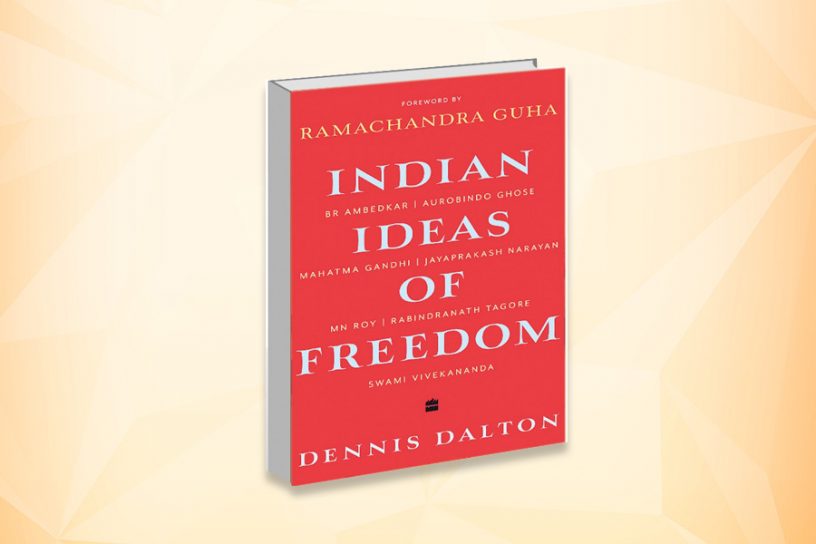
In his book, Indian Ideas of Freedom, Dennis Dalton re-centres a contemplative and philosophical practice of freedom at the root of the national imagination.
Author
Rajeev Kadambi, Associate Professor, Jindal School of International Affairs, O.P. Jindal Global University, Sonipat, Haryana, India.
Summary
Colonialism sought to re-describe Indian society through its own cognitive lenses. The paradox of the anticolonial response is that it had to adopt colonial techniques to challenge its rule. Traceable to the ferment in late 19th and early 20th-century India, the concept of “freedom” drew from Indian intellectual ideas against the backdrop of liberal political theory. The encounter produced a series of complicated sub-plots reordering Indian culture. Yet, as Dennis Dalton brilliantly undertakes in his book, Indian Ideas of Freedom, the modern Indian conceptualisation was not simply derivative of the Western discourse. Central to his claim is that swaraj is a civilisational ethos of self-transformation, echoing Gandhi’s famous insight: “It is swaraj when we learn to rule ourselves.”
In a book spanning over 500 pages, integrating his earlier edition in 1982 and his recent works, the Gandhi scholar and activist, Dennis Dalton, re-centres a contemplative and philosophical practice of freedom at the root of the national imagination. The book is a meticulous reading of texts and demonstrates strict textual evidence in support of its claims. It includes important interlocutors who participated in the circulation of these ideas, especially their intellectual influences. In what he terms the “group of seven”, Dalton astutely analyses key exponents of Indian political thought namely Vivekananda, Aurobindo Ghose, M.K. Gandhi, Rabindranath Tagore, B.R. Ambedkar, M.N. Roy, and Jayaprakash Narayan to animate an arc of thinking about freedom as spiritual and ethical conduct.
Published in: The Hindu
To read the full article, please click here.


